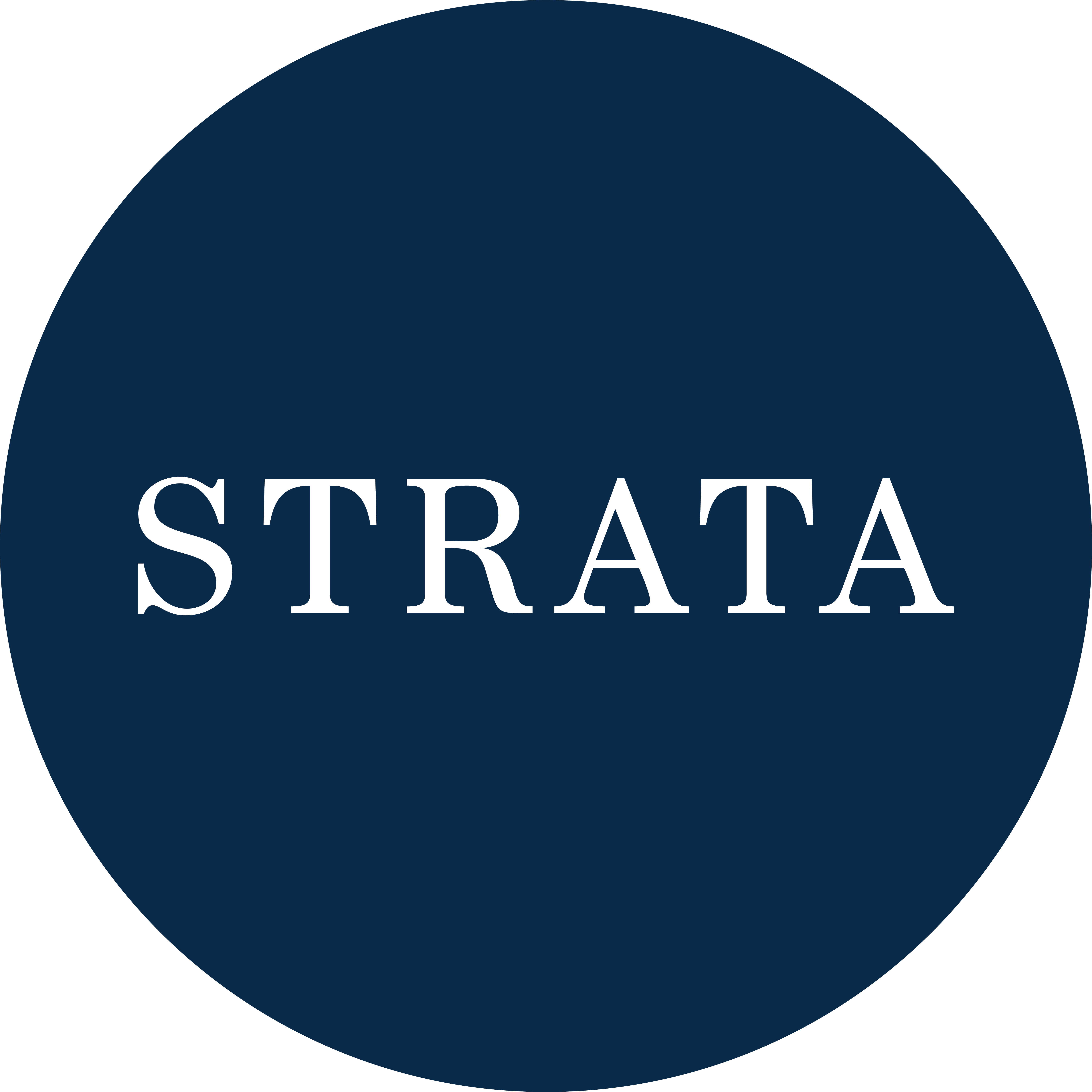Regardless of if it's a single family home in the suburbers, or a townhouse or condo in downtown Toronto, home ownership is big accomplishment, and one that brings stability and satisfcation.
With the Canadian government recently introducing the first time buyers incentive, many first-time buyers are entering the market with renewed optimism. Under the program, new home buyers can reduce their monthly mortgage payments without increasing their down payment, by allowing the government to take a temporary 5-10% equity share of the home; the incentive can be repaid early but must be repaid after 25 years or upon sale of the property.
Although this news has inspired plenty of enthusiasm for first time buyers who are rushing to the bank for financing, there are still some things to consider if you want to avoid a costly mistake.
Include all Monthly Expenses in Your Budget
The Toronto real estate market is incredibly competitive, and regardless of your budget, you could find yourself in a bidding war or stretching to your absolute financing limits. But just because you qualify for financing on a $700,000 home doesn’t mean that you should buy one.
When calculating your monthly expenses, it’s essential to include them all: mortgage payments, taxes, utilities like heat and electricity, as well as tv, internet, and phone. While many buyers do account for all of these expenses, some forget about groceries, gas, credit card payments, bus fare and other overlooked costs. In some cases, moving to a new home will increase your commute and therefore increase your travel expenses—you don’t want to learn this after you’ve closed.
Worse still, some buyers run into unexpected costs such as broken hot water heaters, plumbing issues and electircal issues, or flood and other weather related damage to the property. In assessing whether you can afford a mortgage payment, weigh your income against all conceivable expenses, and then tack on a little extra for good measure.
Understand Your Closing Costs
Closing costs have a tendency to creep up on first time buyers. In Canada, there are programs in place to reduce these costs, but closing can still be expensive. Most realtors can direct you to a number of trusted contacts who will help you avoid the pitfalls, but some issues cannot be foreseen.
If the seller has paid more in property taxes than is required, for example, you might have to reimburse them for those taxes. Legal fees can also run higher than expected, so again, it’s always wise to account for additional costs.
Buy In a Liveable Neighbourhood
There’s no doubt that buying in an up and coming neighbourhood can lead to a nice return on investment, and many first time buyers are purchasing their starter home, not their forever home. But if you’re going to be living somewhere for several years, make sure to buy in a neighbourhood that suits you.
Waiting for gentrification to change a neighbourhood or overlooking massive constriction projects next door can lead to a stressful and unpleasant living arrangement. If you’re buying a home that you plan on living in, don’t think like an investor. Buy a home that makes you happy, and most importantly, feels like home.
Don’t Skip the Home Inspection
The practice of bidding without condition has become far more common in Toronto. Granted, there are some circumstances where buyers feel comfortable do so, especially if they’re taken with a property and willing to deal with the potential structure issues that could lurk within the walls.
But if you’re a first time buyer on a budget, don’t skip the inspection. Finding asbestos, foundation issues, and electrical problems down the line can be devastating. When making the most important purchase of your life, you want to know all of the facts, and there’s truly no way to know without hiring a qualified inspector.
Choose the Right Realtor
Uncle Bob might be a very good realtor, and he might know all the ins and outs of home buying, but if Bob works exclusively in North York and you’re buying in a condo in downtown Toronto—don’t hire uncle Bob.
The realtor you choose should know what you’re looking for, your preferred areas, and he or she should have some knowledge of both the property type and neighbourhood. A seller’s agent will push to justify the price tag of their client’s property—as they should. For this reason, it’s important that your agent is aware of what a property should go for in a given area, because sometimes a few blocks makes an enormous difference.
If you take Toronto for instance; Yorkville and St Jamestown are only minutes apart, but condos in Yorkville command much higher price tags than those in St Jamestown, and the neighbourhoods offer something entirely different. Choosing the right realtor could not only save you thousands of dollars, but it can also ensure that you end up in the community you desire, and not just outside of it.
The ideal agent will help you see untapped potential and point out the differences between good staging tactics and a good layout.









